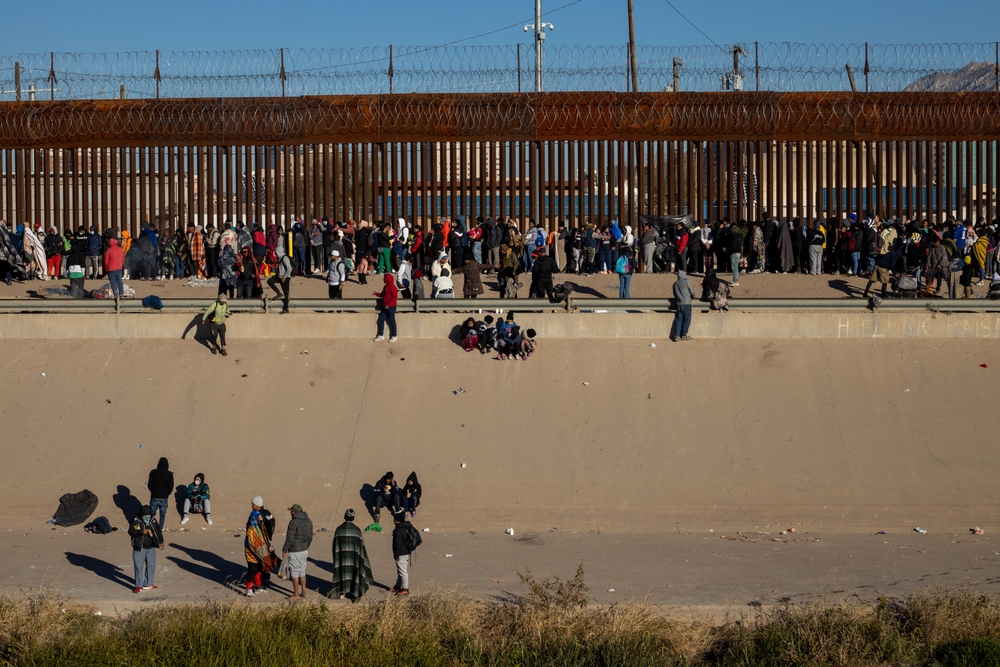While Vice President Kamara Harris was not specific on her immigration plan, we can infer from her comments that she would have followed the current open border policy, in which illegal immigrants who come into the country are released and given a date to appear in court, in some instances. Kamala announced that she would implement safe border regulations by which there would more ICE agents and assign more funds to improve the security of the border. She also stated that she would push for a reform by which illegal immigrants would finally be documented and have a stable life. It seems like a perfect plan, still the current immigration policies are not free from flaws.
The United States has reached the highest number of illegal immigrants in history in 2021 counting 1,659.206 encounters. Not only, but many immigrants came also from other countries, including Bulgaria, Vietnam, and Turkey, as reported by CBP. It seemed that immigrants understood that there was an easier way to come to America. The United States has also reached the highest number of drugs brought into the country during the fiscal year 2021. Among the drugs detected by CBP fentanyl and cocaine. On the other hand, the Trump immigration policies have been just the opposite.
In 2020, Trump implemented a zero-tolerance policy that included deportation of immigrants with criminal records, the construction of the wall, expedited asylum proceedings, and the remain in Mexico policy (by which immigrants will remain in Mexico while their court proceedings were ongoing and finalized). For the next four years, newly elected President Trump announced a mass deportation in his Agenda 47. Immigrant without any valid visa or document will be deported from the United States.
According to the latest interviews from the Republican party, it seems that the Trump administration intends to prioritize deportations of individuals who committed serious crimes and are dangerous to the community. Trump also announced the continuation of the wall, taking away public benefits from illegal immigrants, and abolishing the right to U.S. citizenship for children of illegal immigrants. Trump also announced that he will eliminate some types of visas, among these U visas and T visas issued to victims of crimes occurred in the United States and victims of human trafficking. Now that he has the majority in Senate and House of Representatives it might be easier to pass new laws. But will the democratic party watch or will they continue the fight, like Kamala announced in her concession speech?
The social and economic consequences of Trump` agenda will be significant. Families will be divided, and parents might be left with the choice of either bring their children to an unsafe country or leave them in US by themselves (where possible). Companies will lose personnel. If we look around, at least in Florida, all businesses are looking for new hires, what will happen when their existing employees will not longer be in the country?
For years, the Republicans have said that immigrants take away from us citizens including jobs. Still companies struggle with not enough workforce. We are hopeful that President Trump’s agenda will be fair and will include a reform being the system broken (like President Trump has often said). Hopefully, the reform will be fair for all immigrants from all over the world. After all, immigrants have built United States and contributed to the history and economy in this country.

